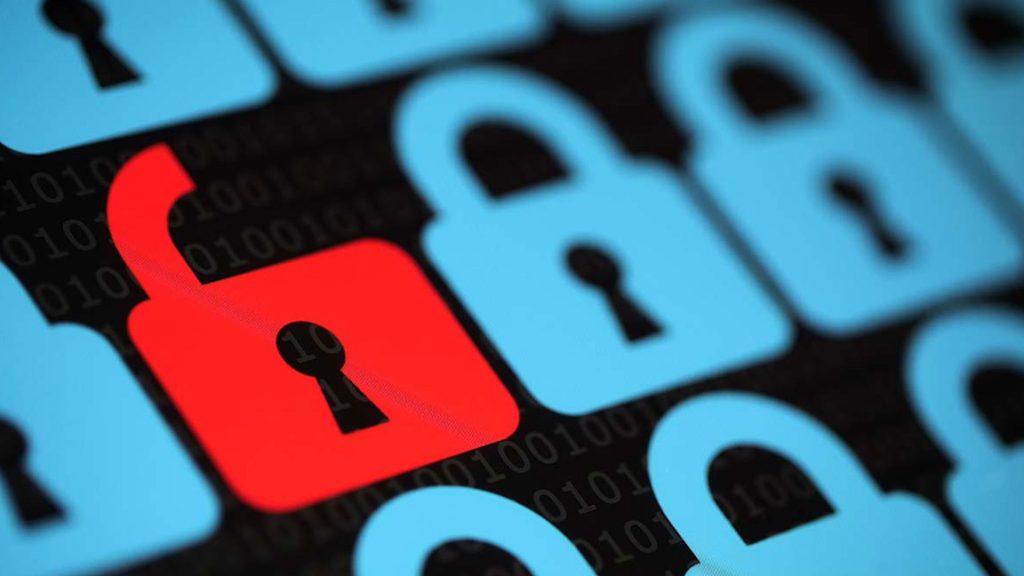Your Phone Number Is Your Biggest Privacy Leak and You Don’t Even Know It
- The invisible ID you never signed up for
- How you number betrays you
- The illusion of privacy in number-based app
- Not just hackers
- A better way: communicate without identity
- Your digital identity should be yours alone
How linking your identity to your chats exposes you more than you think, and what you can do about it.
We hand out our phone numbers like business cards; to delivery apps, online stores, messaging platforms, and sometimes even to complete strangers just to “verify” our identity.
But very few of us realise that our phone number isn’t just a contact detail.
It’s a key, one that quietly unlocks a lot more about you than you’d ever consent to share.

The Invisible ID You Never Signed Up For
In the digital world, your phone number has become the ultimate identifier. It follows you from platform to platform, app to app, connecting your personal, professional, and social lives into a single, traceable thread.
Every time you use it to sign up for a messaging app like WhatsApp, Signal, or Telegram, your number becomes the bridge between you and your digital footprint. It can reveal your real name, linked accounts, and even your location.
How Your Number Betrays You
Even if you’ve never posted your number publicly, it’s likely already in multiple databases scraped, sold, or leaked over the years.
Data brokers use your number to:
- Build “shadow profiles” for advertising or behavioural prediction
- Match your social media accounts and profiles
- Link your online purchases, delivery addresses, and browsing habits
Hackers and scammers use it to:
- Conduct SIM swap attacks to take over your accounts
- Launch phishing or impersonation scams using your identity
- Access private chats or groups that require phone-based verification
Hackers and scammers use it to:
- Conduct SIM swap attacks to take over your accounts
- Launch phishing or impersonation scams using your identity
- Access private chats or groups that require phone-based verification
And even legitimate platforms use it to:
- Track your usage across services
- Link your metadata (who you message, when, and how often)
- Tie activity back to your personal identity
You might not see it, but your phone number acts like a breadcrumb trail across the internet.

The Illusion of Privacy in Number-Based Apps
Apps like WhatsApp and Signal promise “end-to-end encryption,” and yes, your messages are encrypted. But the moment your chats are linked to a verified number, an identity anchor exists.
Anyone with your number can often find your profile picture, your status, when you were last online, and even which groups you’re in.
And because phone numbers are globally unique, they can be easily cross-referenced between platforms.
What’s worse, many breaches don’t even require hacking messages, just metadata and account associations.
In 2022, for example, over 500 million WhatsApp numbers were reportedly scraped and sold online. No message content was leaked, but the phone numbers alone were enough to identify users, target scams, and expose networks of relationships.
Even if your chats are encrypted, the moment they’re tied to a verified number, your anonymity disappears.
“Some scam tactics are frighteningly simple. In a matter of seconds, someone can type your phone number into a people search site like WhoEasy, Whitepages or Fast People Search and find personal information about you.”
Burton Kelso | Cyber Security & AI Expert
It’s Not Just Hackers, It’s the System
Even well-intentioned companies struggle to protect phone-linked data. Verification services, SIM registries, marketing platforms, and analytics networks all rely on the same identifier: your number.
This creates a single point of failure. Once your number is compromised, so is your privacy ecosystem.
It doesn’t matter how careful you are online; if your communication tools depend on numbers, you’re traceable.
A Better Way: Communication Without Identity
The future of private communication isn’t about hiding; it’s about decoupling identity from access.
Instead of verifying who you are, it should verify that you’re real and secure, without requiring your personal information.
That’s why Pryvate Messenger was built without phone numbers, emails, or central servers. It doesn’t just encrypt your messages, it removes the identifiers that expose you in the first place.
With no servers, no central logs, and no metadata, Pryvate makes true anonymity possible.
Because privacy isn’t about having something to hide. It’s about having control over what’s yours.
Your Digital Identity Should Be Yours Alone
The next time an app asks for your phone number “for security,” remember: You might be giving away far more than access, you’re giving away association.
Your number links your past, present, and future across every corner of the internet. And once it’s out there, there’s no taking it back.
So maybe it’s time to start asking: Do you really need to share your number… or just your voice?
Protect your privacy – take back control of your conversations.
Download Pryvate Messenger, the secure, server-free app that keeps your data where it belongs: with you.
